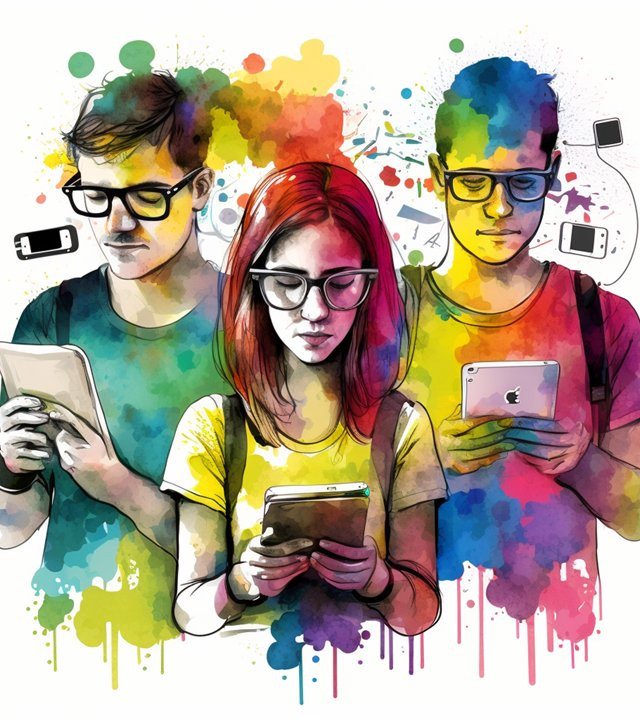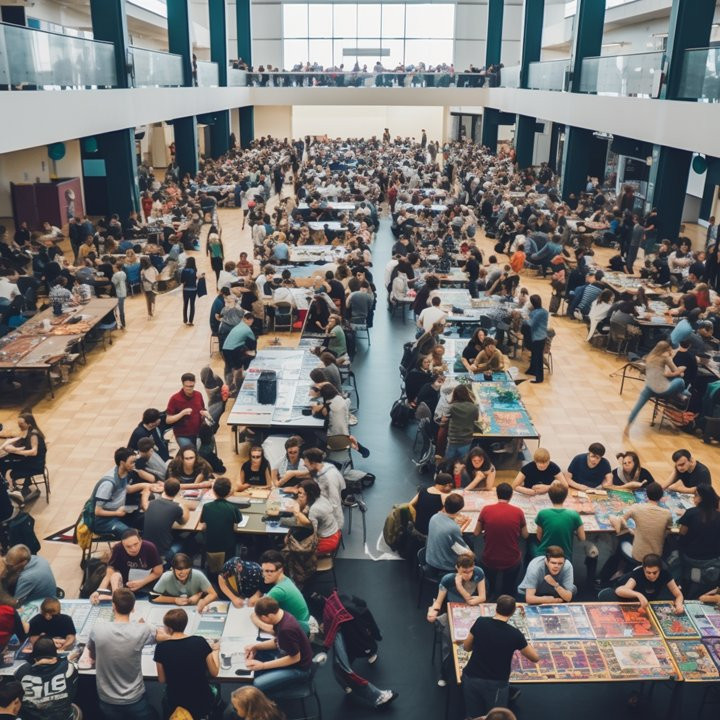The Media Masters is also about learning, discussing, and questioning how media shapes our world. That’s why the project includes 42 live events across nine EU countries, bringing together students, educators, journalists, and experts. These workshops and discussions help participants develop critical thinking skills and understand media influence firsthand.
Each event follows a structured but engaging format. Participants start with an introductory session, setting the stage for discussions on fake news, media manipulation, and digital literacy. Then, they play the Media Masters board game, where they encounter real-world media scenarios. The game isn’t just for fun — it challenges players to analyze and question the information they see.
After the game, a guided discussion helps participants reflect on their experiences. They talk about what they learned, debate different perspectives, and connect the game’s lessons to real life. The event wraps up with a survey and reflection session, allowing participants to share their thoughts and insights.
Workshops Tailored for Different Groups
The events aren’t one-size-fits-all. They are designed for different audiences, ensuring that each group gets the most out of the experience:
- Students (ages 11-25): Interactive workshops where they play the game, analyze media, and discuss digital risks.
- Teachers and educators: Training sessions on how to integrate Media Masters into classrooms and teach media literacy.
- Journalists and journalism students: In-depth panels on media ethics, misinformation, and how journalism is perceived by the public.
- Public officials and policymakers: Conferences on media’s role in democracy and how misinformation influences decision-making.

A Hands-On Approach to Media Literacy
The Media Masters events are designed to be more than lectures. They are immersive experiences where participants actively engage with content, challenge their assumptions, and build the skills they need to critically analyze information.
With 42 events in 9 different countries, the project creates a unique space for discussions about media, democracy, and misinformation — empowering people to think critically and engage more actively with the world around them.
